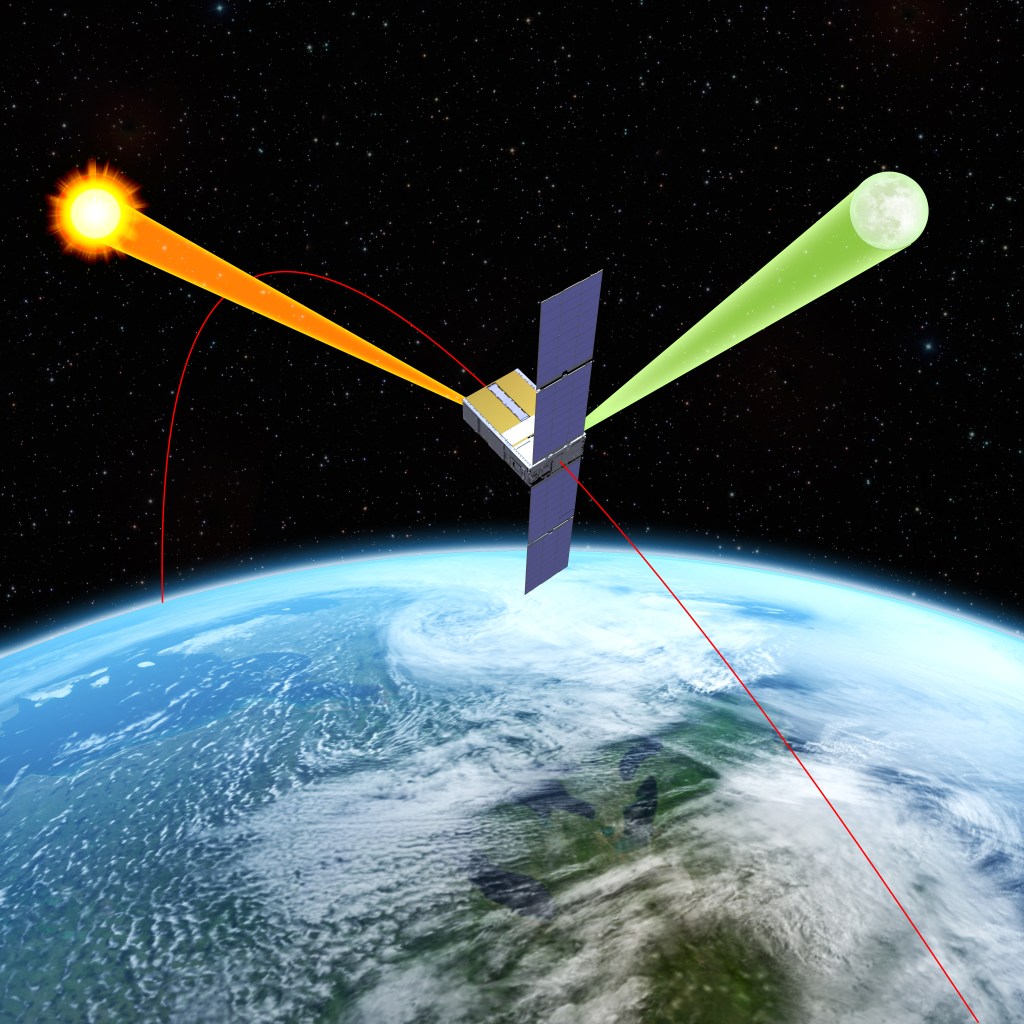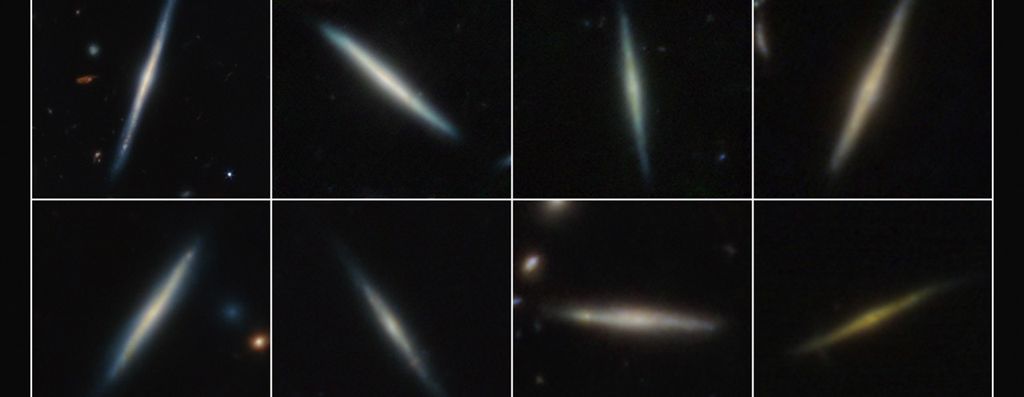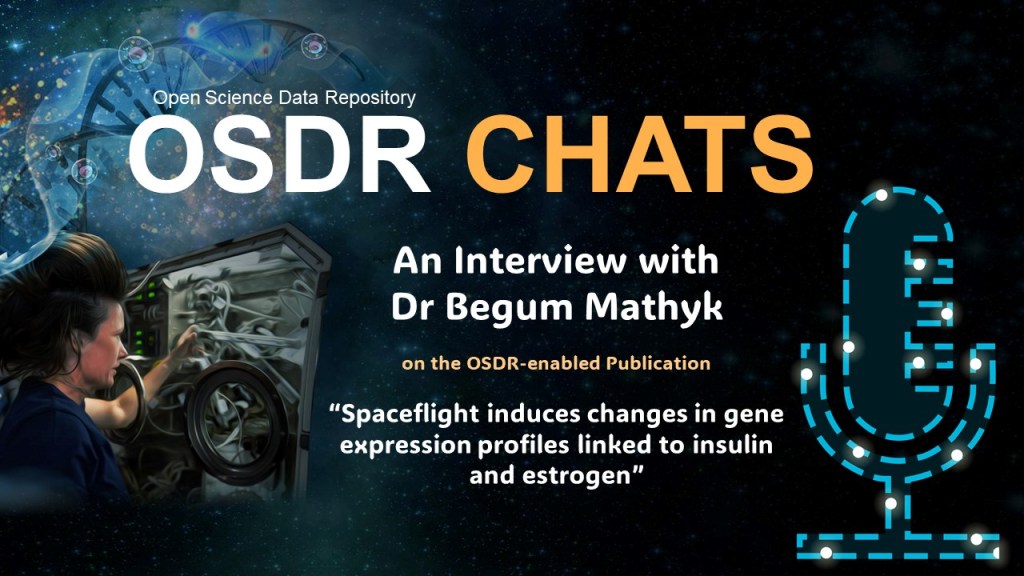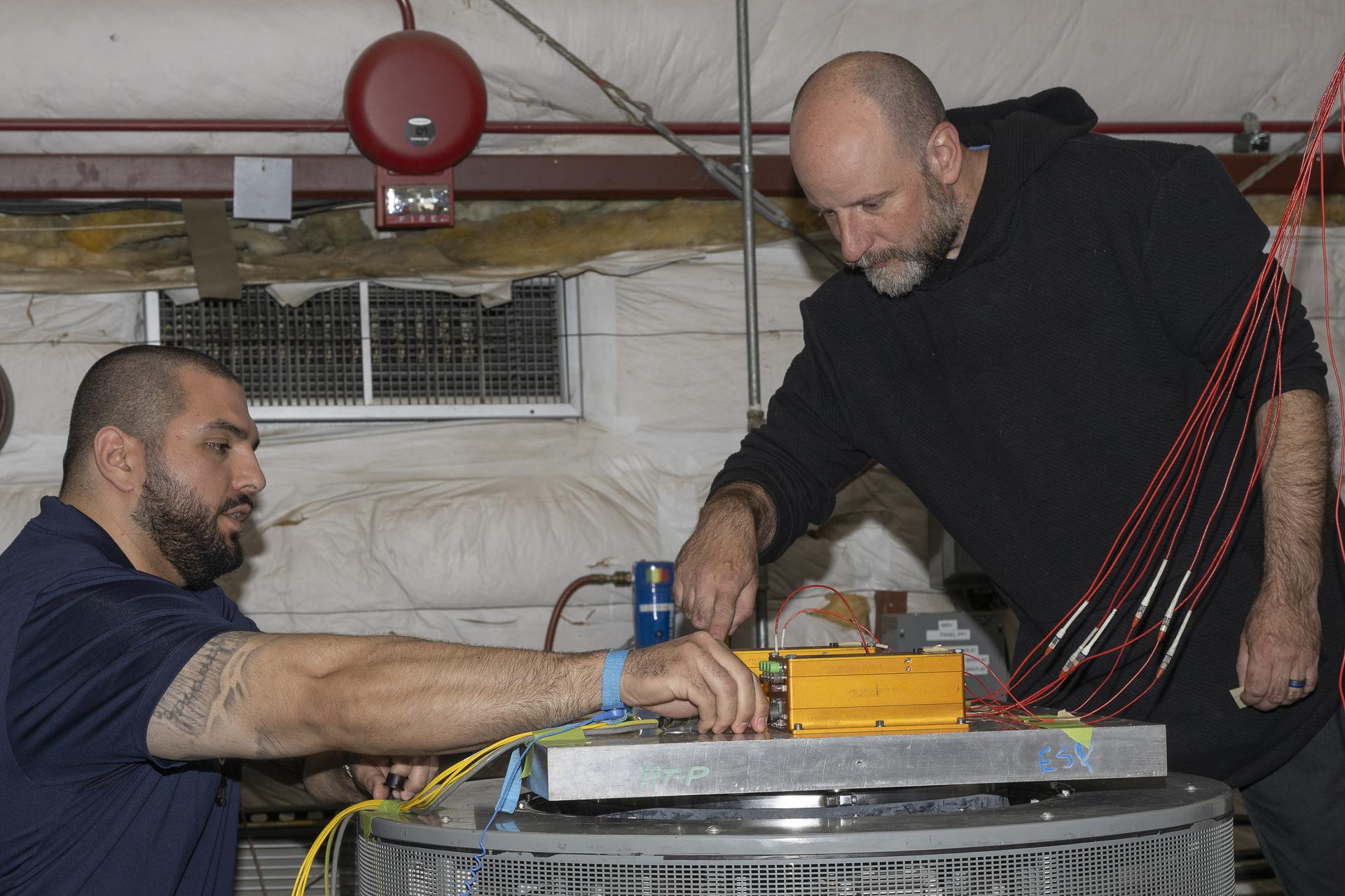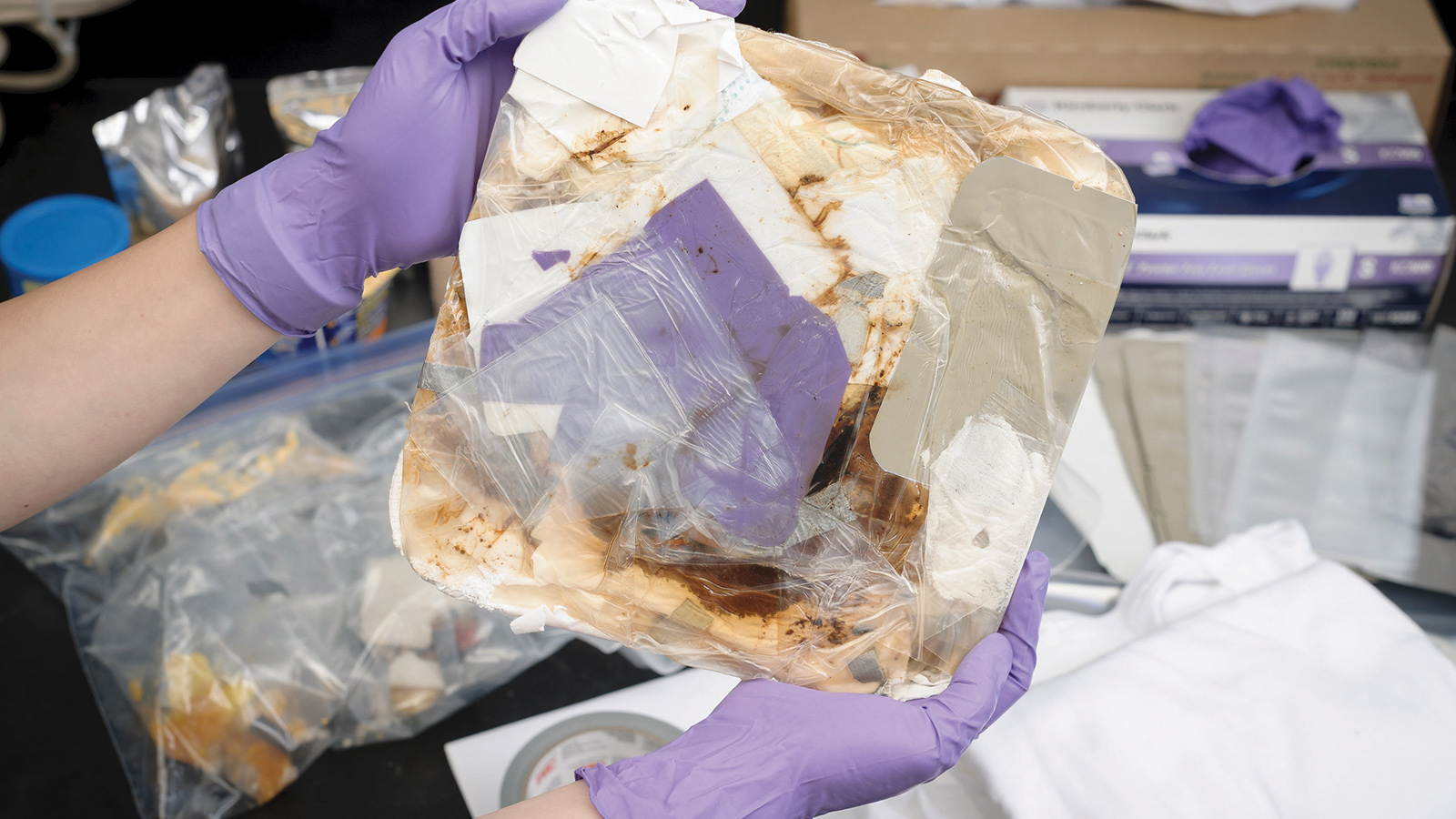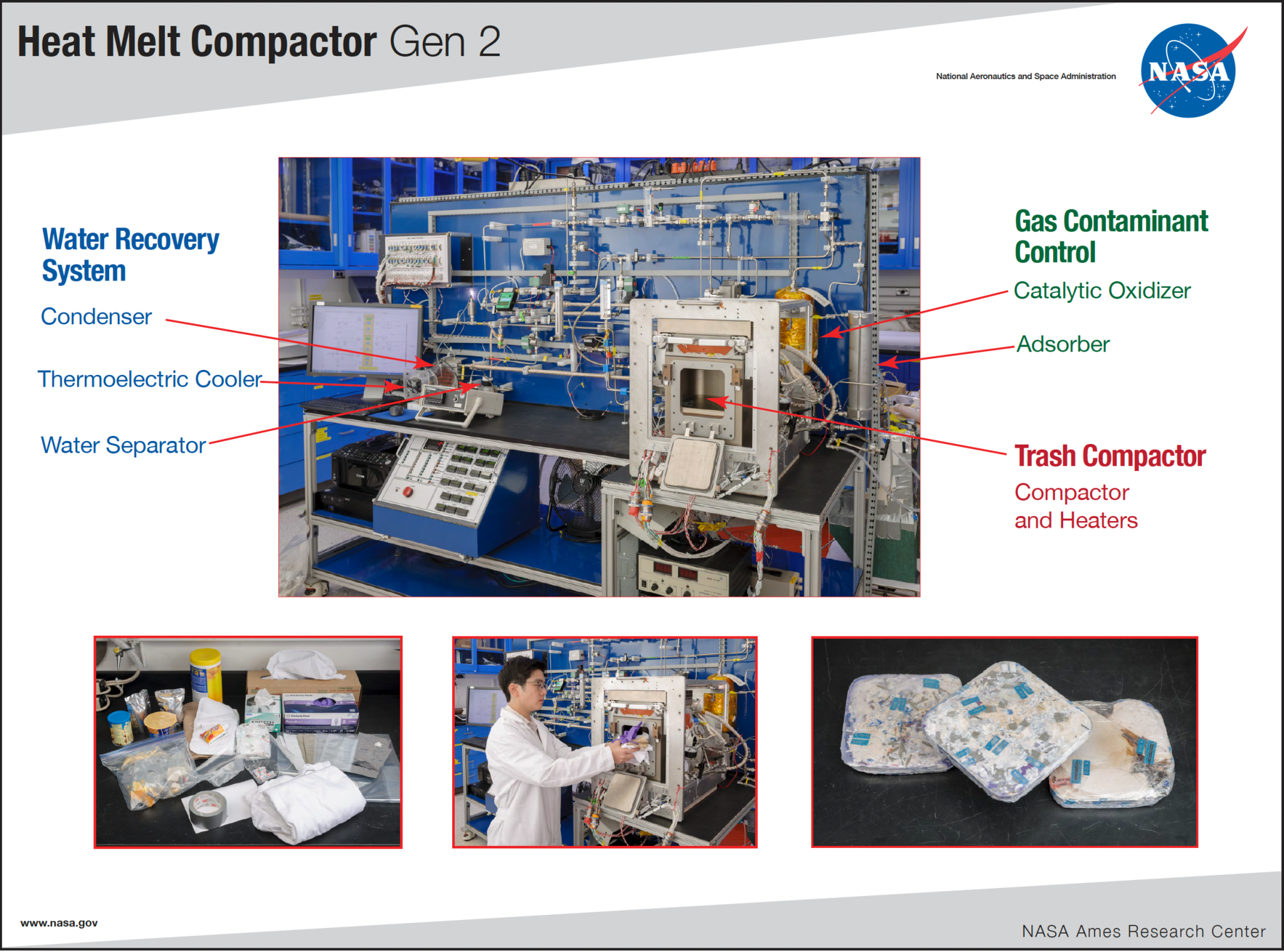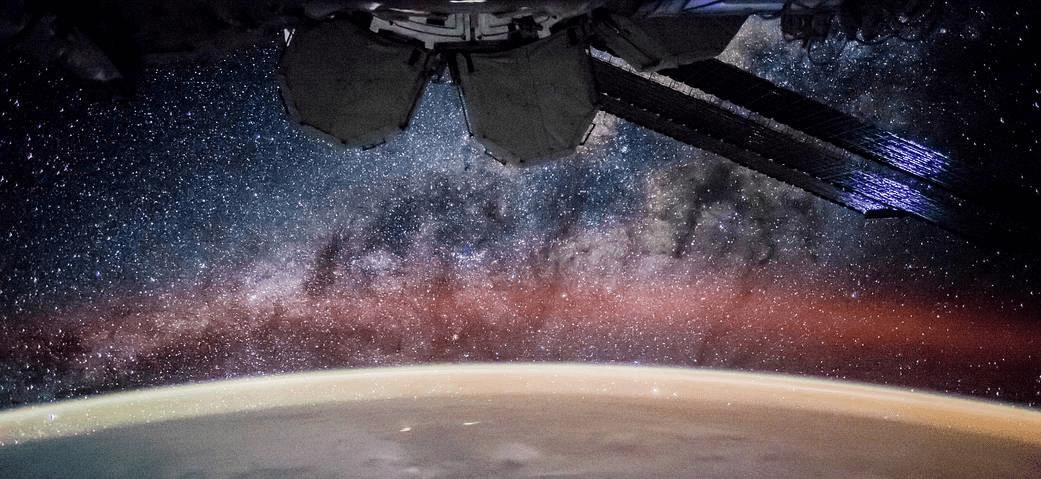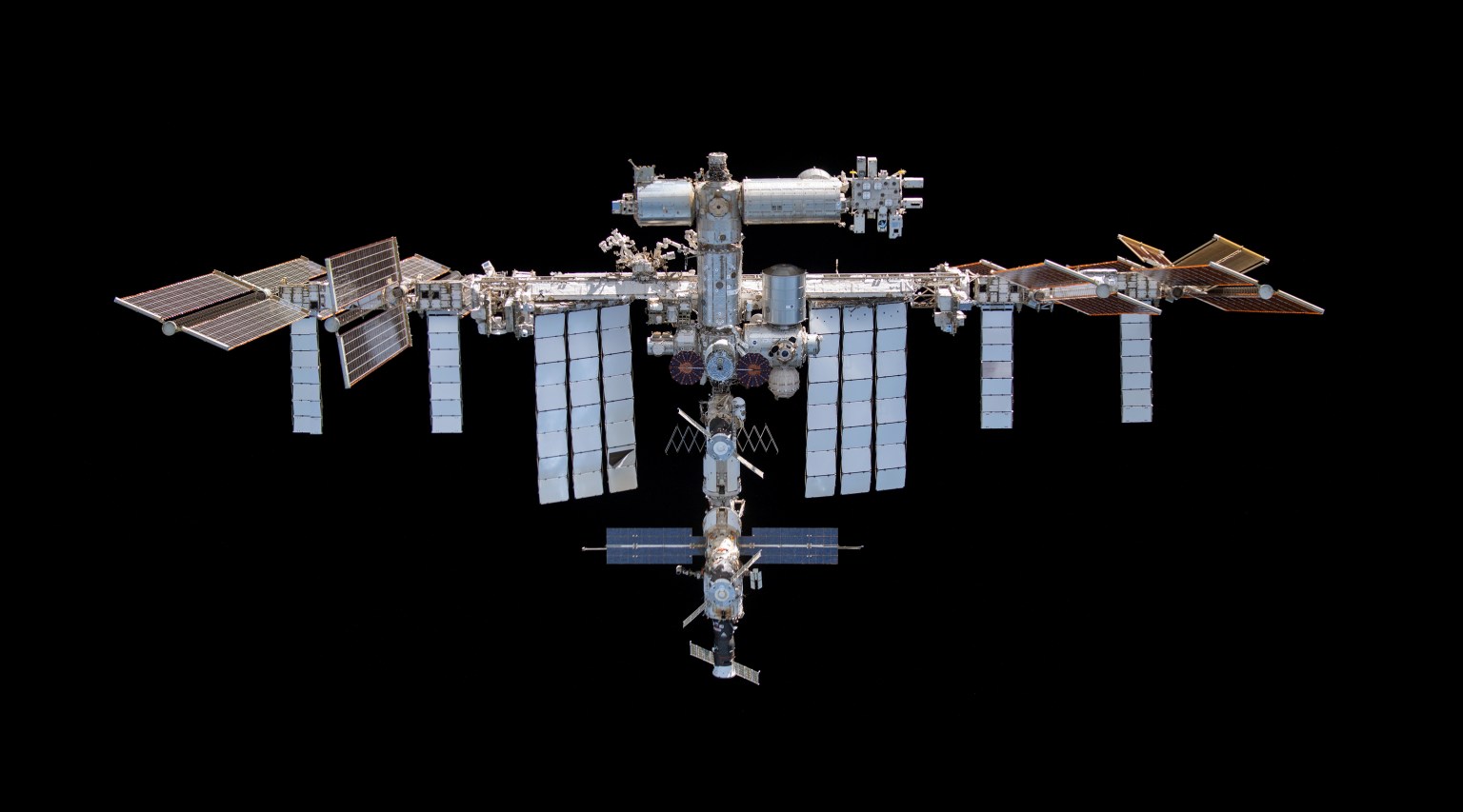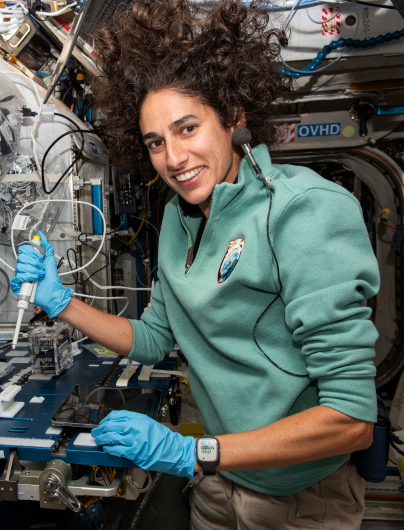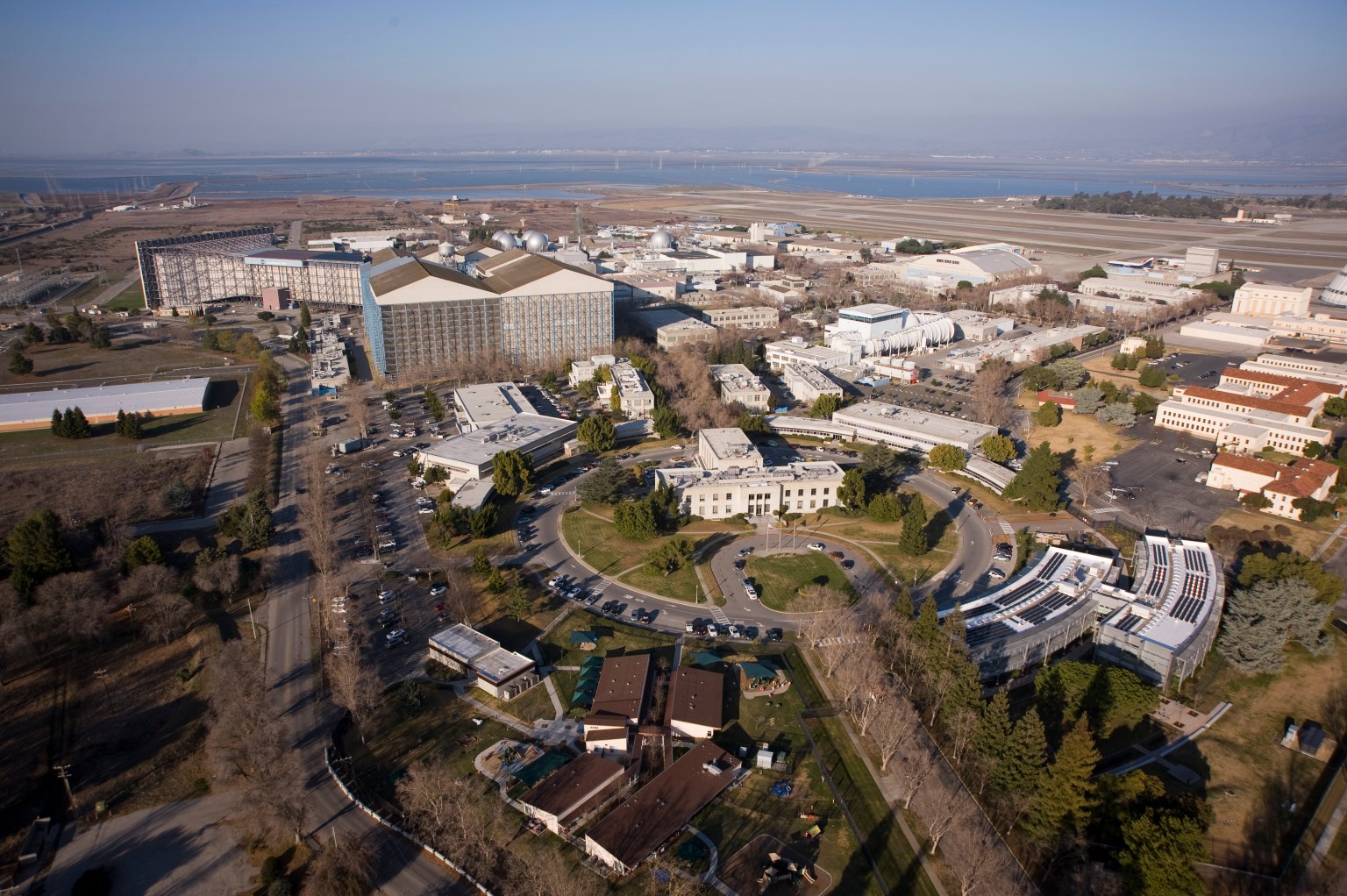The Trash Compaction Processing System (TCPS)
Currently, aboard the International Space Station (ISS), common spacecraft trash such as food packaging, clothing, and wipes are separated into wet and dry trash bags, these bags are stored temporarily, and then loaded onto a spent resupply vehicle. This vehicle then finally burns up during atmospheric re-entry, taking all the trash with it. For missions further out into space, such as those to Mars, trash must be managed and disposed of by other methods, such as jettisoning the trash into space. However, wet trash contains components that may not be storable for long periods between jettisoning events without endangering the crew. Therefore, NASA has developed the Trash Compaction Processing System (TCPS) that will reduce the volume, safen, and form the trash into square tiles for easy storage. The processed tiles then can be either stored, jettisoned, or reprocessed into useful materials (such as radiation shielding).
The TCPS uses pressure and heat to drive the water out of the trash, reducing the water activity of the processed material to below 0.5. Post processing, microbiological studies were conducted on TCPS tiles and showed satisfactory results. These tests were conducted at different humidity levels to verify that the tiles were properly safened and safe for storage. Ames adapted the Navy version of the Plastic Melt Compactor into a device that can be used in space missions. The TCPS recovers the water from the trash and processes the gas effluents before releasing the gas to the cabin or via the ISS Vacuum Exhaust System.
In 2023, NASA awarded Sierra Space with a contract to build a flight demonstration unit to be tested on the ISS in 2026. The Logistics Group at ARC conducts risk reduction activities to ensure that the science test objectives and requirements are well defined for a successful flight demonstration. Some risk reduction activities include the use of different trash models (nominal, high liquid, high cloth, foam), operating at different process times, and testing the gas effluent contaminant removal system. Once tested on the ISS, the TCPS can be used for exploration missions wherever common spacecraft trash is generated and needs to be managed.
Learn about the Mechanical Compactor development at NASA.
Learn more
https://www.nasa.gov/ames/space-biosciences/what-is-nasas-heat-melt-compactor/
Media Coverage
https://aerospaceamerica.aiaa.org/features/talking-space-trash/
https://news.yahoo.com/nasa-turns-astronaut-trash-space-radiation-shield-093357084.html









